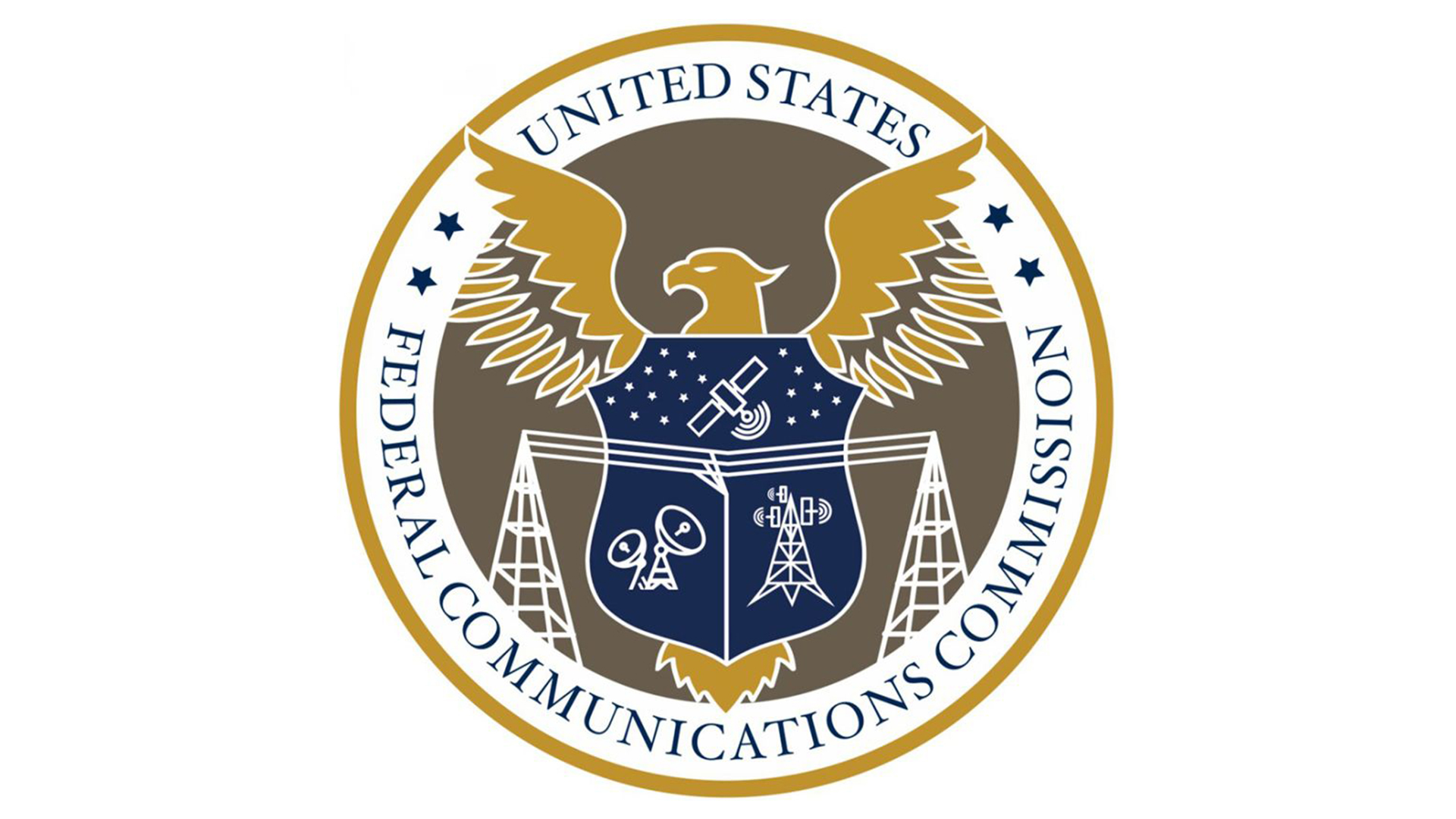FCC Grants Fox Another Temporary Waiver for WWOR-TV/New York Post
Media Bureau opts for preserving status quo pending resolution of broadcast dereg case in Supreme Court

The smarter way to stay on top of broadcasting and cable industry. Sign up below
You are now subscribed
Your newsletter sign-up was successful
Pointing out that the fate of its newspaper-broadcast cross-ownership rule is in legal limbo, the FCC's Media Bureau has denied Fox Corp.'s request for a permanent waiver to own both WWOR-TV Secaucus, N.J. and the New York Post, instead granting it another temporary waiver.
The bureau said that was the best way to avoid "hastily requiring a divestiture that might prove unnecessary or authorizing a permanent combination while regulatory uncertainty remains over the status of the newspaper/broadcast cross-ownership rule."
The waiver issue was one of the FCC items folks were looking to be resolved before the new Administration takes over Jan. 20.
Also Read: Fox Seeks Permanent Waiver for WWOR
"Fox may continue to own collectively WWOR and the Post—as well as WNYW(TV), New York, New York, for which Fox had received a permanent waiver in 1993—pending the outcome of the current litigation and, in the event that the newspaper broadcast cross-ownership rule survives that litigation, until 180 days following the date that a Commission order making a determination reaffirming that the newspaper-broadcast cross-ownership rule remains in the public interest becomes final and unappealable," the bureau said.
The Supreme Court is hearing oral argument Jan. 19 in the challenge by the FCC and broadcasters to a U.S. Court of Appeals for the Third Circuit decision to invalidate the FCC's 2017 decision and reinstate the newspaper-broadcast cross-ownership rule and other broadcast local station ownership rules because it said the FCC had not sufficiently gauged the impact of their elimination or adjust on broadcast diversity.
Also Read: Groups Seek Denial of Fox Waiver Request
The smarter way to stay on top of broadcasting and cable industry. Sign up below
The waiver is the latest in a string of temporary waivers the FCC has granted starting in 2001, and subsequently in 2006, and 2014.
"The media marketplace has changed significantly since the adoption of the newspaper-broadcast cross-ownership rule in 1975, resulting in repeated Commission efforts to modernize the rule. Given the pending Supreme Court review of this rule, and the Commission’s 2017 determination, which was unchallenged in the Third Circuit litigation, that the newspaper-broadcast cross-ownership rule is no longer necessary to preserve competition or viewpoint diversity, the Commission determined that it was appropriate to grant a temporary waiver as opposed to a permanent one, until the status of the rule has been resolved," the Bureau said.
The wording of the decision, specifically that the waiver sunsets if the court upholds the rule, leaves the clear impression that the Fox waiver is rooted in the conclusion that all such combos should be allowed given that the FCC asserts the rule is no longer needed, rather than that there is a special circumstance to the combination of WWOR-TV and the Post that should earn a waiver from an otherwise justifiable restriction.
Some FCC chairs from both parties have publicly conceded that the rule has outlived its usefulness, but also said that pressure from Congress to preserve it--not wanting to give local media too much power to make and unmake political careers or campaigns--had factored into their collective failures to eliminate it.
Contributing editor John Eggerton has been an editor and/or writer on media regulation, legislation and policy for over four decades, including covering the FCC, FTC, Congress, the major media trade associations, and the federal courts. In addition to Multichannel News and Broadcasting + Cable, his work has appeared in Radio World, TV Technology, TV Fax, This Week in Consumer Electronics, Variety and the Encyclopedia Britannica.

